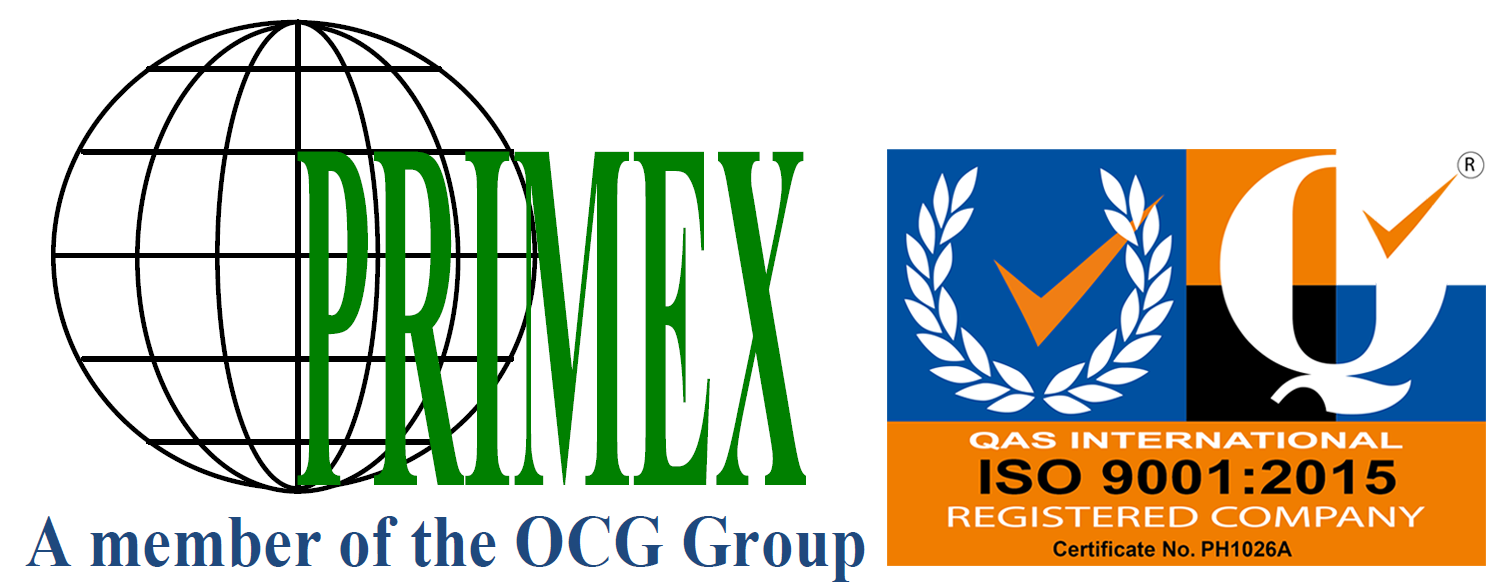Name of Client:
United States Agency for International Development (USAID)
Country:
Philippines
Length of Consultancy Assignment:
Start Date: March 2013
Completion Date: November 2018
Detailed Narrative Description of Project:
The purpose of the project was to strengthen regional and local support for scaling up proven best practices in FP/MNCHN, in order to achieve health outcomes that will lead to reducing maternal and child mortalities in accordance with the country’s commitment to MDGs 4 and 5. It aimed to contribute to attaining the desired health outcomes of the country particularly in the increase of contraceptive prevalence rate (CPR), the proportion of pregnant women with at least 4 antenatal care (ANC) visits, facility-based and skill-birth attended deliveries, and fully immunized children. Through these projects, USAID/Philippines aimed to help the Philippine authorities ensure that appropriate, adequate, and sufficient quality FP/MNCHN services are sustainably provided, managed, and financed by local government units (LGUs) through resources mobilized by their provincial, city, and municipal investment plans for health (PIPH. CIPH, and MIPH) and Kalusugan Pangkalahatan (Universal Health Care) implementation plans.
The Integrated MNCHN/FP Regional Projects focused on the following areas that will enable the people in each cluster region to lead healthy, productive lives where mothers and children survive and thrive through increased access to quality FP/MNCHN services: (i) strengthening demand for essential FP/MNCHN services; (ii) improving the supply of integrated FP/MNCHN services; and (iii) removing policy and systems barriers to improving supply and demand for FP/MNCHN services. In particular, it will assist LGUs in reducing FP/MNCHN unmet need and increasing the utilization and practice of antenatal care, skilled birth attendance, facility-based deliveries, post-partum care, exclusive breastfeeding, full immunization, and vitamin A supplementation.
The Regional Projects sought to ensure adequate and quality FP/MNCHN services that can be provided in a sustainable manner. These projects were directly linked with the Capability Enhancement for Midwives (CEMP), MNCHN Scale UP projects, and Maternal, Newborn, Child Health and Nutrition activities as they develop the capacities of the cadre of midwives in both the public and private sector in the delivery of FP/MNCHN services.
PRIMEX fielded four Regional Technical Advisors (RTAs) for Regions VI, VII, and VIII, and a Capacity Building Specialist (CBS). The CBS, who supervised the RTAs in the conduct and management of project activities their respective regions, was tasked to: (i) lead in the strengthening of the skills of CHTs and facility-based providers (FBP) to promote MNCHN/FP services; (ii) lead in the strengthening of CHT skills to offer a basic integrated MNCHN/FP package at the community level; (iii) assist in building the CHD’s capacity to work with clusters of provincial and municipal health teams, to train them in the formation, planning, operation, and management of effective and systematic itinerant teams; (iv) thoroughly assess regional capacities on capacity building and technical assistance; (v) develop a master training plan and management of training activities; (vi) work closely with project leadership to develop the master training plan and track progress against project indicators; (vii) develop training activities, manuals, and reports; and (viii) coordinate the preparation and submission of training reports, including monthly quarterly and annual reports as well as technical presentations and the final report.
The RTAs have: (i) work closely with project leadership and the Capacity Building Specialist to develop the master training plan and track progress against project indicators in their regions; (ii) assist in building the CHD’s capacity to work with clusters of provincial and municipal health teams, to train them in the formation, planning, operation, and management of effective and systematic itinerant teams; (iii) assist in the development of training activities, manuals, and reports; (iv) ensure that the policy and health systems advocacy is integrated into the RICT/Provincial multi-sectoral task force scope of responsibilities; (v) ensure harmonized Integrated Monitoring and Supervisory Checklist and logistics management on FP MNCHN; (vi) establish PPP in data collection at the LGU level; and (vii) assist in the preparation and submission of training reports, including monthly quarterly and annual reports as well as technical presentations and the final report.
